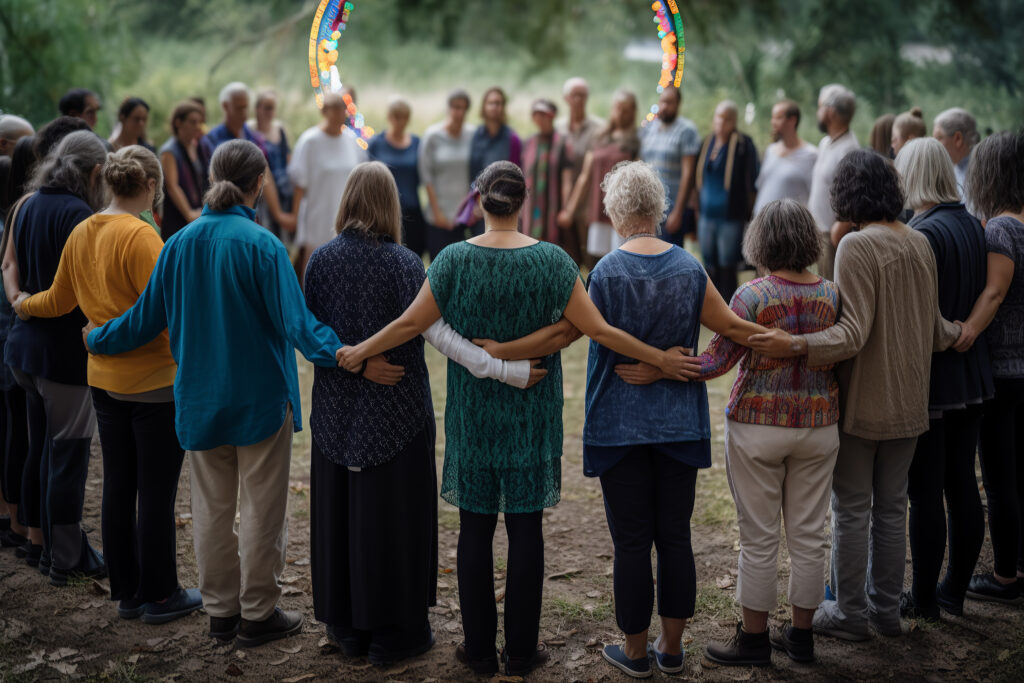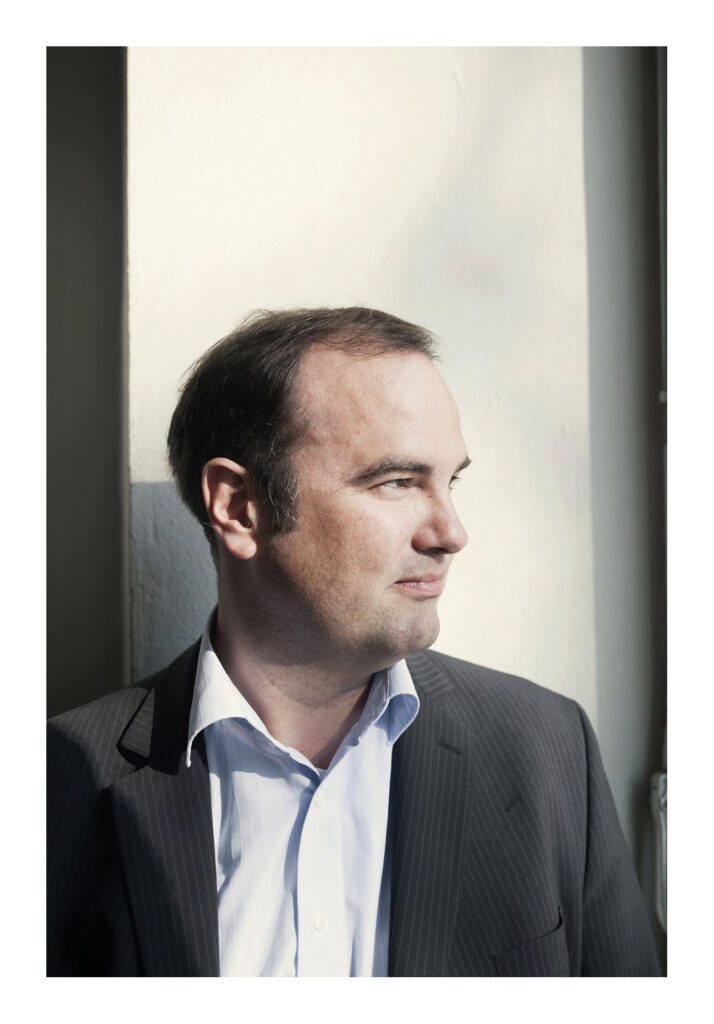A reflection of the level of awareness in contemporary society
Author: Prof. Dr. Niko Kohls
Category: Consciousness,Mindfulness
Issue: No. 97
The modern world suffers from the rupture between materialism and idealism. Science attempts to explain life empirically and materially. However, medical psychologist Kohls doubts that a modern, moral-ethical system can do without a transcendental dimension. How to express empathy as an idealist without burning out is also a spiritual ability. Compassion and resilience are “future skills” of a new society.
Tattva Viveka: Up to now, science has strongly emphasized the material and objectively measurable aspect. You also said that there has historically been a one-sidedness, a bias in psychology. I think that – if we look at it benevolently – it was good to map out many questions and research areas and get an overview. But now the other side is missing, and we are suffering as a result. In order to cope with symptoms such as burnout, a crisis of meaning and depression, we need resilience – a central concept in your book. Would you say that it is time to focus more on these so-called soft factors? I think spirituality and resilience go hand in hand. What is resilience and where is it taking us?
Kohls: I believe that it is important for people to have a goal in mind and to have congruent values with that goal. In modern Western society, we have a major problem with values, and this is causing a major crisis of meaning. Materialism alone is not enough to give people a sense of purpose. You only have to look at the way things have developed. I have taken a closer look at history. It is worth taking a detailed look at the 19th century to see what happened.

In the 19th century, the professionalization of science progressed immensely quickly and the differentiation of disciplines began. The natural sciences, above all physics and chemistry, made huge advances in knowledge. At the same time, there is still a large religious frame of reference that impedes the research drive of science (as always before) to a certain extent. Religion has always sanctioned or tried to prevent science so as not to overturn the religious world view that has also established the system of rule. Interestingly, there were two developments in the 19th century: One is philosophical materialism, the other is spiritualist idealism. In one year, all of this coagulated and converged, a year of convergence, so to speak, and that was 1848.
Why? On the one hand, Marx and Engels wrote the Communist Manifesto. The socialist workers’ movement’s battle song reads: “No higher being, no god, no emperor or tribune can save us. To deliver us from misery, we can only do it ourselves!” The underlying idea is that although there is no longer a transcendent dimension, i.e. no God, people could achieve paradise here on earth if they were to develop into a harmonious society of brothers and sisters. To achieve this, we need to develop international solidarity. Basically, the partitioning of the world by nation states and social classes is being called into question. John Lennon later picked up on this in his famous song “Imagine”. We must see ourselves as a unity that is united in this world and therefore does not need transcendence.
On the other hand, the great movement of spiritualism began in the same year. This pursues the idea that the deceased and other beings in the world beyond can communicate with the world on this side via gifted mediums and suitable methods. Significantly, this also begins in 1848 near New York.

It begins with the famous Fox sisters. These young women reported that intelligent tapping noises could be heard in their walls, which could be deciphered in a similar way to Morse code. The sisters developed the idea that the deceased could communicate with them in this way. This caused quite a stir, although the sisters later admitted their hoax. Interestingly, a technological narrative plays a major role, because six to seven years earlier the great telegraph cable had been laid between the new and old worlds, enabling communication between two continents that were far apart. This was practically the forerunner of the Internet, and it was possible to send messages via knocking sounds, Morse code and telegraphy. This gave rise to the idea that if this worked technologically between people, it should also be possible with the other world. Later, the computer emerged as a metaphor for explaining the functions of consciousness. I find it very exciting that we always seem to need technological narratives to explain consciousness, because consciousness gave rise to the telegraph, the computer and the internet.
This telegraph idea gave rise to the great movement of spiritualism – the assumption that supposed contacts with the afterlife could be established in this way.
The movement went through various waves until the 1920s/1930s. Wilhelm Wundt, the founder of academic psychology in Germany, was heavily involved in it. He set up the first experimental psychology laboratory at a German university in Leipzig in 1879 in order to establish psychology as a modern natural science. However, he was surrounded there by spiritualists and occultists who had a completely different explanation for consciousness. Wundt confronted this by steadfastly proclaiming: ‘I am not prepared to believe this beyond-communication paradigm, for in that case it would be clear that psychology would be connected with a conception of consciousness which would not be supported by empirical modernism, but would have a metaphysical substratum.

About the interviewee
Medical psychologist Prof. Dr. Niko Kohls has been researching mindfulness, spirituality and their connection to self-regulation, resilience and health for more than 30 years. Born in Munich, he has been a professor of health sciences with a focus on health promotion at Coburg University of Applied Sciences since 2013. His book Mehr Lebensfreude durch Achtsamkeit und Resilienz – Gelassener und stärker durch die richtige Balance was published in summer 2022. Niko Kohls has been a lecturer at universities and colleges for over 25 years, has written more than 100 scientific publications and has given over 500 keynotes, lectures, seminars and workshops for schools, colleges and companies.
This article was originally published on the German website: Die gesellschaftliche Akzeptanz von Achtsamkeit und Spiritualität Teil 2




